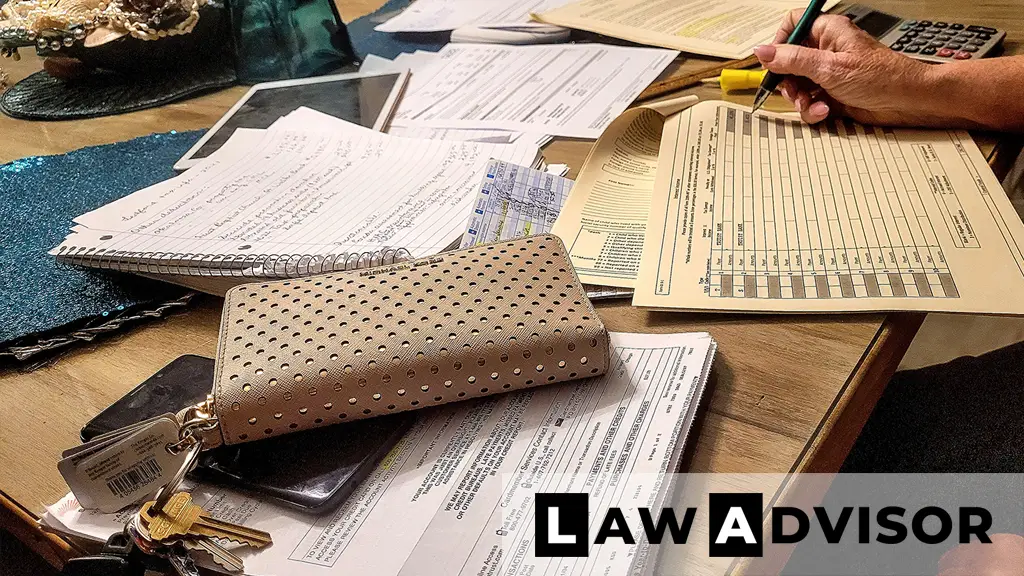Choosing the right executor is one of the most important decisions you’ll make in estate planning. This person will be responsible for handling your assets, paying your debts, and carrying out your wishes after you pass away.
In this guide, we explain how to choose an executor for your will, what responsibilities they’ll have, and what qualities to look for to make the best choice.
What Is an Executor?
An executor is the individual or institution legally responsible for managing your estate after your death. Their duties begin when the will enters probate and continue until all final affairs are settled.
Responsibilities include:
- Submitting the will to probate
- Paying outstanding debts and taxes
- Distributing assets according to the will
- Communicating with beneficiaries and the court
- Handling paperwork and legal filings
The role can be complex and time-consuming, so it’s important to choose carefully.
Who Can Be an Executor?
Most states allow any mentally competent adult to serve as an executor. While there are few legal restrictions, the court may reject someone with:
- A felony conviction
- A conflict of interest
- Lack of capacity to serve responsibly
Some people choose a family member, friend, or a professional like a lawyer or financial advisor. You can also name co-executors, but this may complicate decision-making.
Qualities to Look for in an Executor
Here are key traits to consider when selecting someone to manage your estate:
- Trustworthiness: They’ll handle sensitive financial matters
- Organizational skills: Estate tasks involve deadlines and details
- Communication ability: They must work with attorneys and beneficiaries
- Stability: Pick someone who will likely be around and able when needed
- Geographic location: Being in the same state can simplify things, but it’s not required
You may also want to choose someone who understands your values or family dynamics.
What to Discuss Before Naming Someone
Always talk to the person you’re considering as executor before naming them in your will. Topics to cover:
- Are they comfortable taking on the responsibility?
- Do they understand your estate plan?
- Do they know where your documents are stored?
If they’re unsure or unwilling, it’s better to know upfront and consider alternatives.
Should You Choose a Professional Executor?
If your estate is large, complex, or contentious, you may benefit from choosing a:
- Trust company
- Probate attorney
- Certified public accountant (CPA)
Professional executors charge a fee, but they can ensure legal accuracy and reduce family stress.
Can You Change Your Executor Later?
Yes — and it’s a good idea to revisit your choice every few years or after a major life change.
You can amend your will or add a codicil to name a new executor at any time, as long as you’re mentally competent.
Final Thoughts on Choosing an Executor
Learning how to choose an executor for your will is a vital part of creating an effective estate plan. This person will ensure your legacy is honored and your responsibilities are fulfilled after you’re gone.
Take the time to select someone reliable and capable. Don’t just go with the easiest option — choose the one who can handle the task.
For a full checklist of executor duties, visit the American Bar Association’s estate planning resources.
🧠 You May Wanna Check Out
- What Happens If You Die Without a Will?
- How to Create a Legally Binding Will: Step-by-Step Guide
- When and Why You Should Update Your Will
Frequently Asked Questions
Can I name more than one executor?
Yes. You can name co-executors, but they must act together unless the will says otherwise. This can cause delays if they disagree.
Does my executor have to live in my state?
Not necessarily. But choosing someone local may reduce paperwork and travel complications.
What if my executor dies before me?
Name at least one backup executor in your will to avoid delays during probate.





